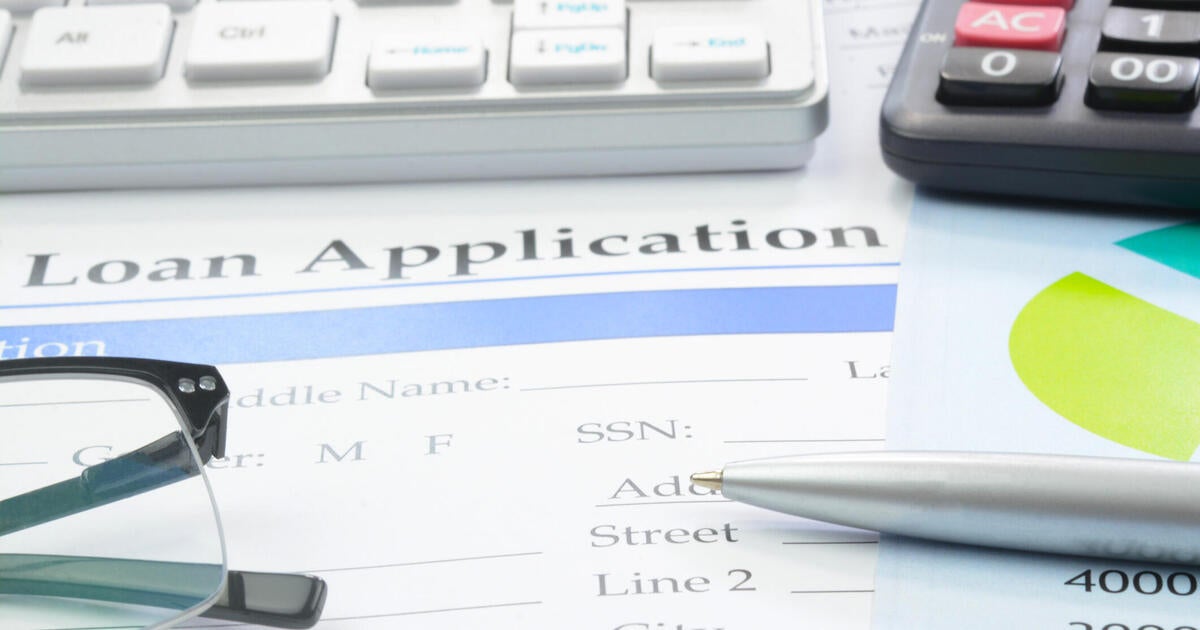Getty Images
If you’re juggling multiple monthly debt payments, high interest rates and the constant worry of falling behind, it’s natural to look for a way out. One option that many people consider in this scenario is taking out a personal loan to consolidate their debt — and for good reason. The promise of rolling multiple high-rate debts into a single lower-interest payment is undeniably appealing. After all, who wouldn’t want to simplify their financial life while potentially saving money in the process?
But like many financial decisions, using a personal loan to pay off credit card debt isn’t the right solution for every borrower. In the right hands — and the right situation — using a personal loan to consolidate your debt can be an incredibly useful tool, one that saves you a hefty amount of money in interest. In the wrong circumstances, however, doing so can cause more harm than good.
That’s why, before you start applying for a personal loan, it’s important to understand when this strategy makes sense and when it could make your situation worse. So, how do you know if using a personal loan to pay off debt is the right choice for you? That’s what we’ll examine below.
Chat with a debt relief expert and get help with your high-rate debt today.
When to use a personal loan to pay off debt
One of the main reasons people choose personal loans for debt consolidation is to lower their interest rates. With a lower rate, more of your payment goes toward the principal rather than interest, helping you get out of debt faster. For example, let’s say you have $15,000 in balances spread across three credit cards with interest rates ranging from 20% to 25%. If you qualify for a personal loan at 12% interest, you could save hundreds of dollars or more in interest charges over the life of the loan.
“Consolidating your debt into one account can be a really great way to make the cash flow management easier for you,” says Austin Kilgore, director of corporate communications at Achieve, which offers personal loans for consolidation. If you’re going to take this route, though, it’s important to look at the blended rate of all your debts and compare that to the rate you can get on a personal loan, according to Kilgore.
If you’re employed with a stable income and have already addressed the spending habits that led to the debt in the first place, consolidating with a personal loan can also provide the structure and motivation necessary to pay off your debt. The fixed repayment term means you’ll have a definite end date for your debt.
During the application process, you may even have the chance to pick your payment date, according to Kilgore, and it’s typically a good idea to align your payment date with when you get paid to make it easier to manage your bills.
It could also make sense to consider this path if the goal is to streamline the repayment process for multiple debts. Managing different debts with a range of due dates can be difficult, after all, so if you find yourself struggling to keep track of what’s due when, consolidating with a personal loan can simplify your financial life. Having one predictable monthly payment can make budgeting much easier, too.
“There’s a lot of value in simplifying your finances and reducing the number of accounts that you have,” Kilgore says. “It gets you on a new path and gets you out of this constant struggle of juggling a lot of accounts.”
See how the right debt relief strategy could benefit you now.
When you shouldn’t take out a personal loan to pay off debt
If you’re still actively accumulating debt and haven’t addressed the root causes of your spending habits, a personal loan is likely to make your situation worse. It’s like putting a bandaid on a wound that needs stitches. While it might provide temporary relief, it won’t solve the underlying problem, so you run the risk of having payments for both the personal loan and any new credit card debt you rack up.
“If you’re going to be successful in paying down debt and reducing your debt, putting yourself in a situation where you’re breaking old bad habits and establishing new healthy habits can go a long way toward having long-term success,” Kilgore says.
Personal loans don’t always come with significantly lower interest rates, either. If your credit is damaged, you might only qualify for personal loans with interest rates as high or higher than your current debt. In this case, a personal loan wouldn’t provide any interest savings, so you’d be better off exploring other options like debt settlement or a debt management plan.
You should also be wary of taking out a personal loan if you’re worried about stability in terms of your future income. While the fixed payments of a personal loan can be helpful for budgeting, they’re also inflexible. Missing any monthly payments on a personal loan can seriously damage your credit score and potentially lead to legal action from the lender, so in these cases, a personal loan could become a burden rather than a benefit.
The bottom line
A personal loan can be a powerful tool for getting out of debt — but only when used wisely. If you qualify for a lower interest rate, can handle the payments and won’t fall back into bad spending habits, it might be a smart move. However, if the loan doesn’t save you money or you’re at risk of racking up new debt, it could do more harm than good.
Before making any decision, take a hard look at your finances and consider speaking with a debt expert about your options. Ultimately, the right choice will depend on your unique situation, but the goal should always be the same: getting out of debt in a way that sets you up for long-term financial stability.

